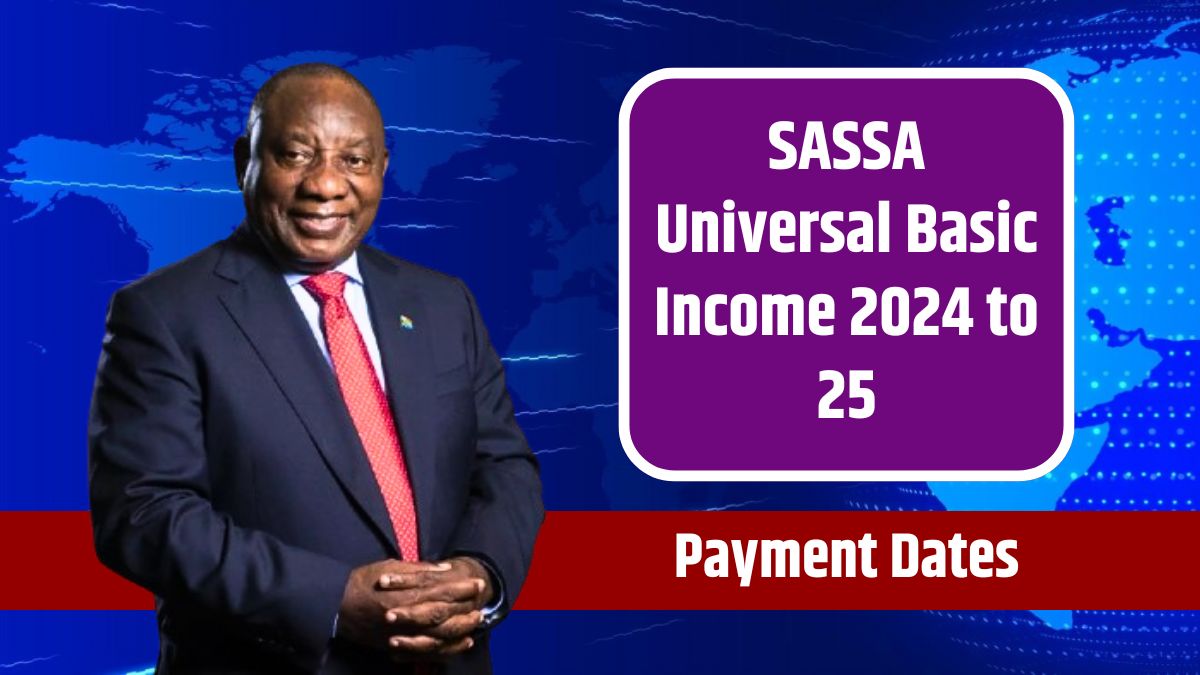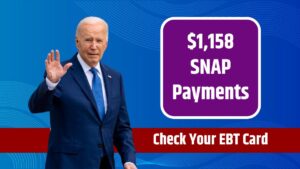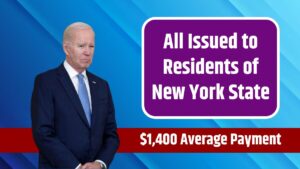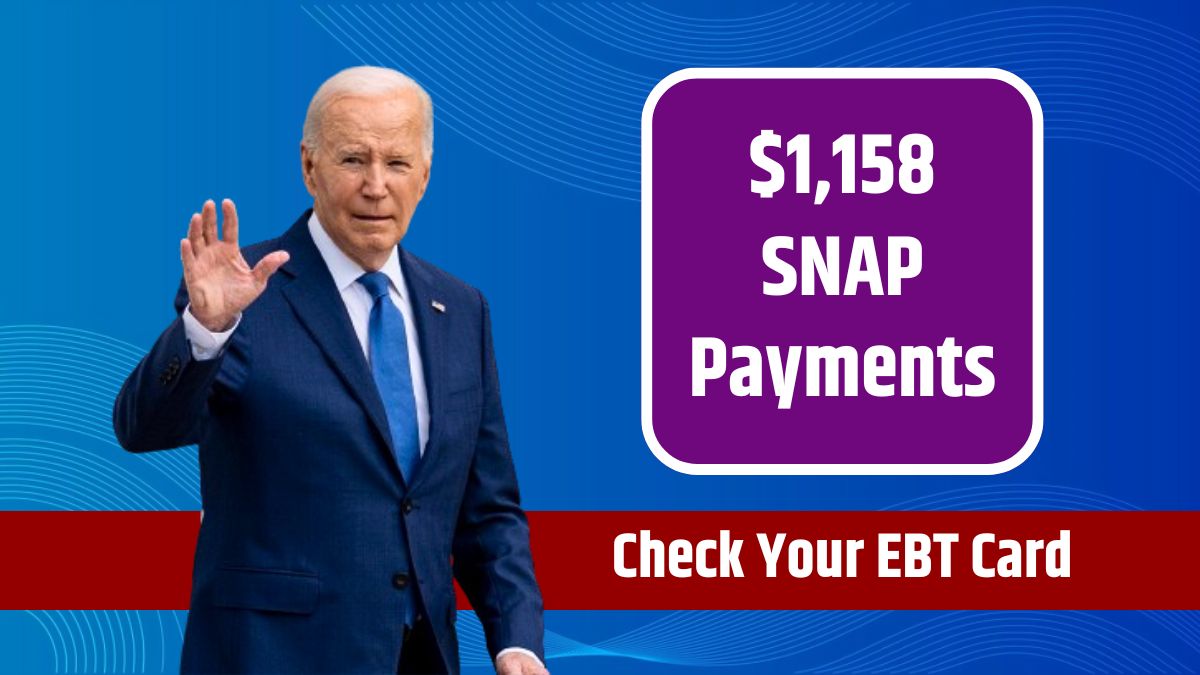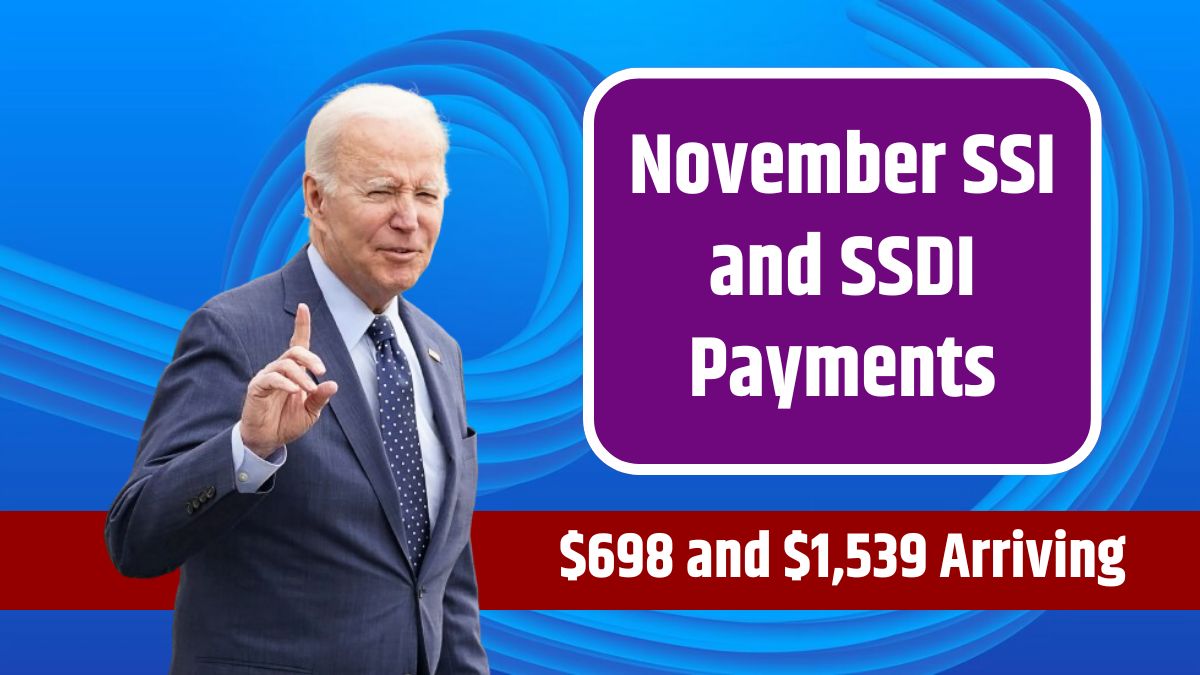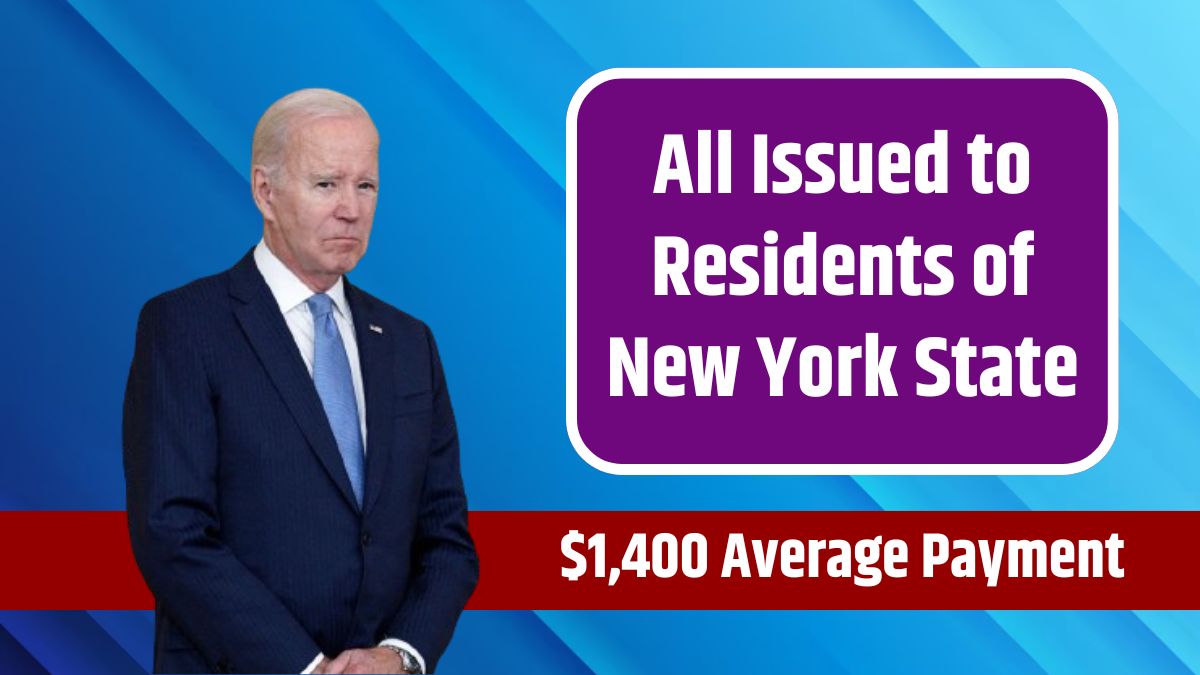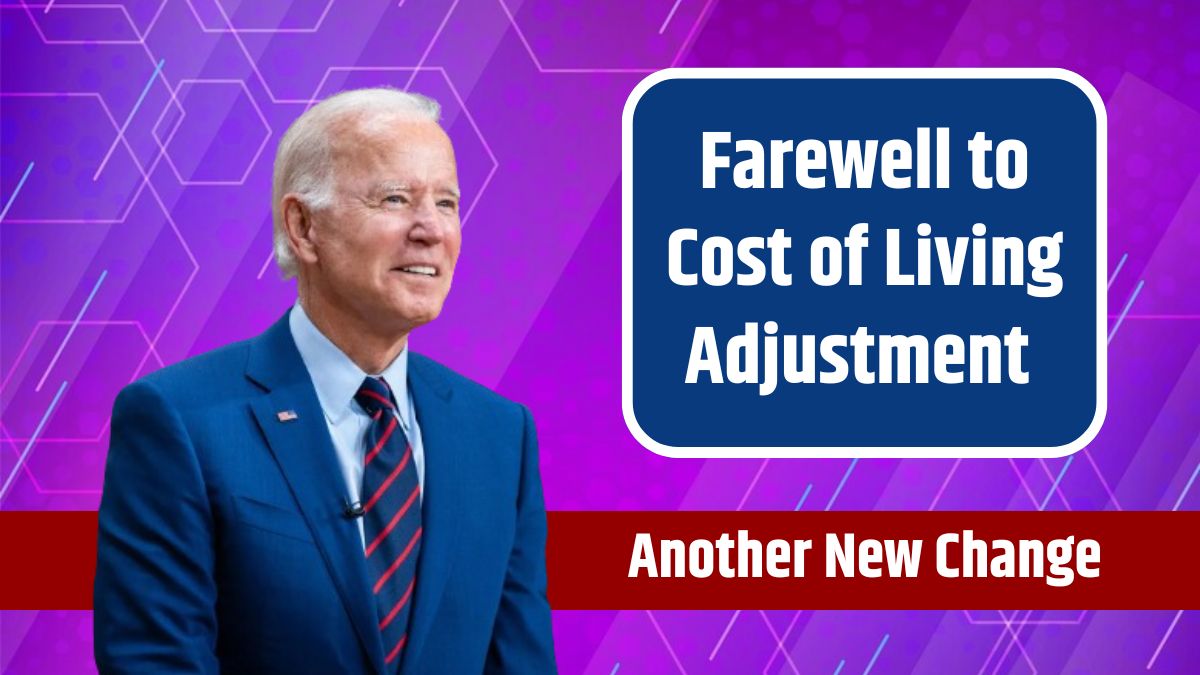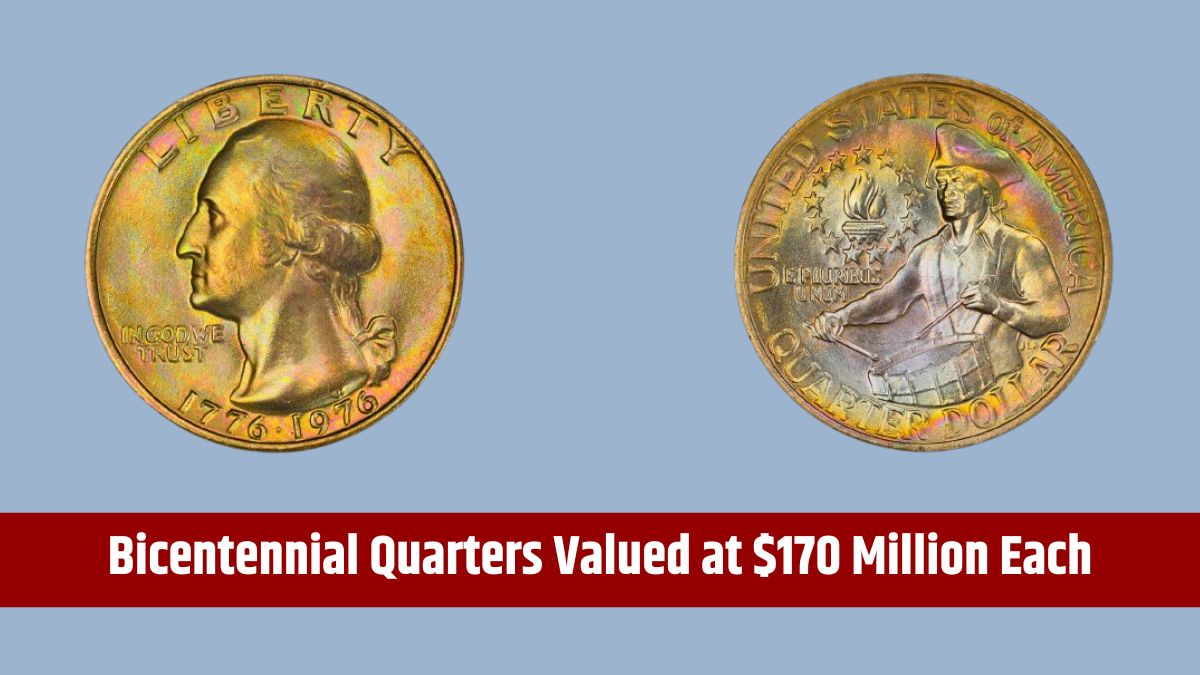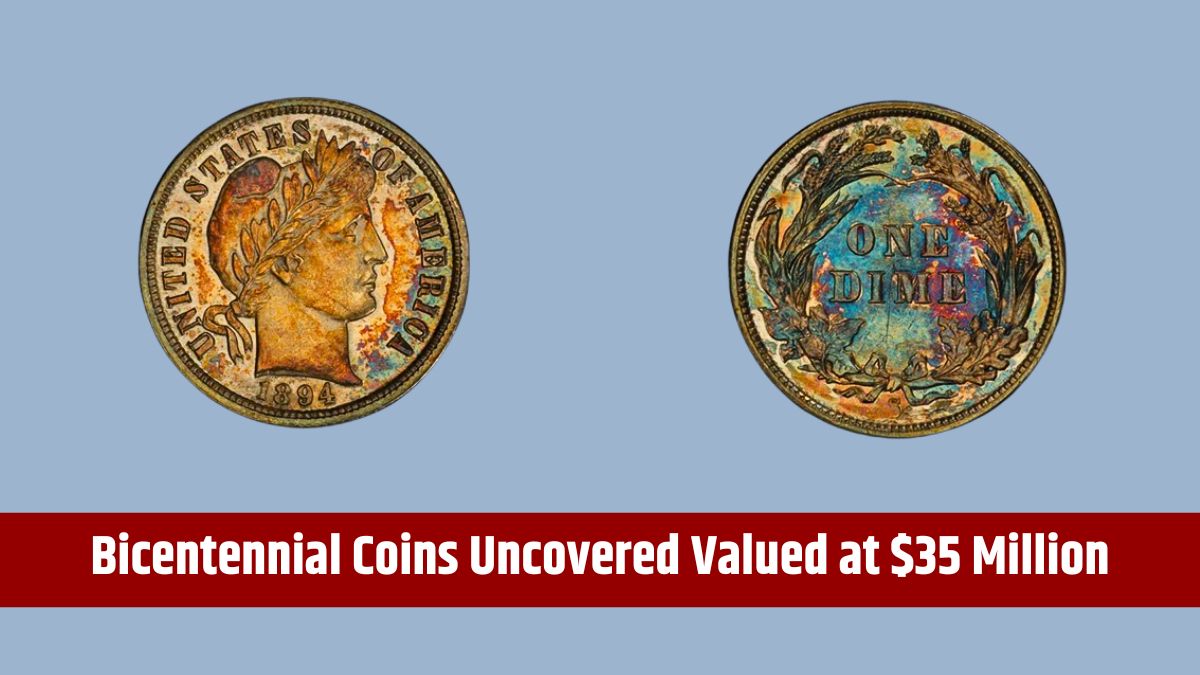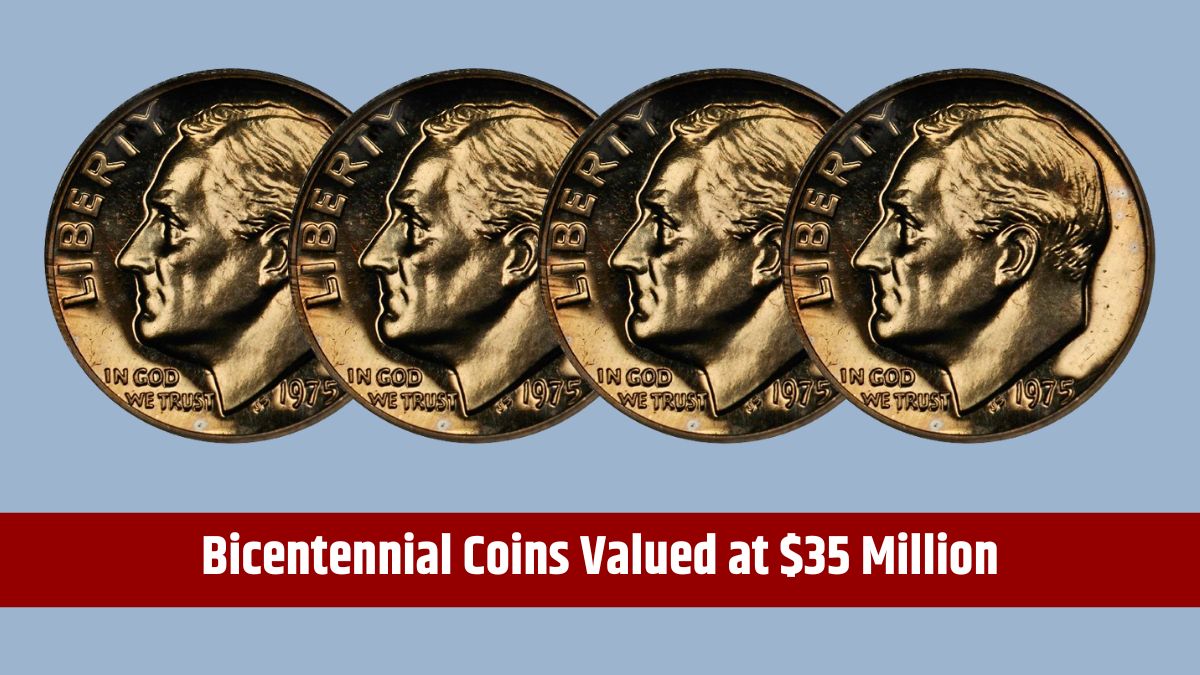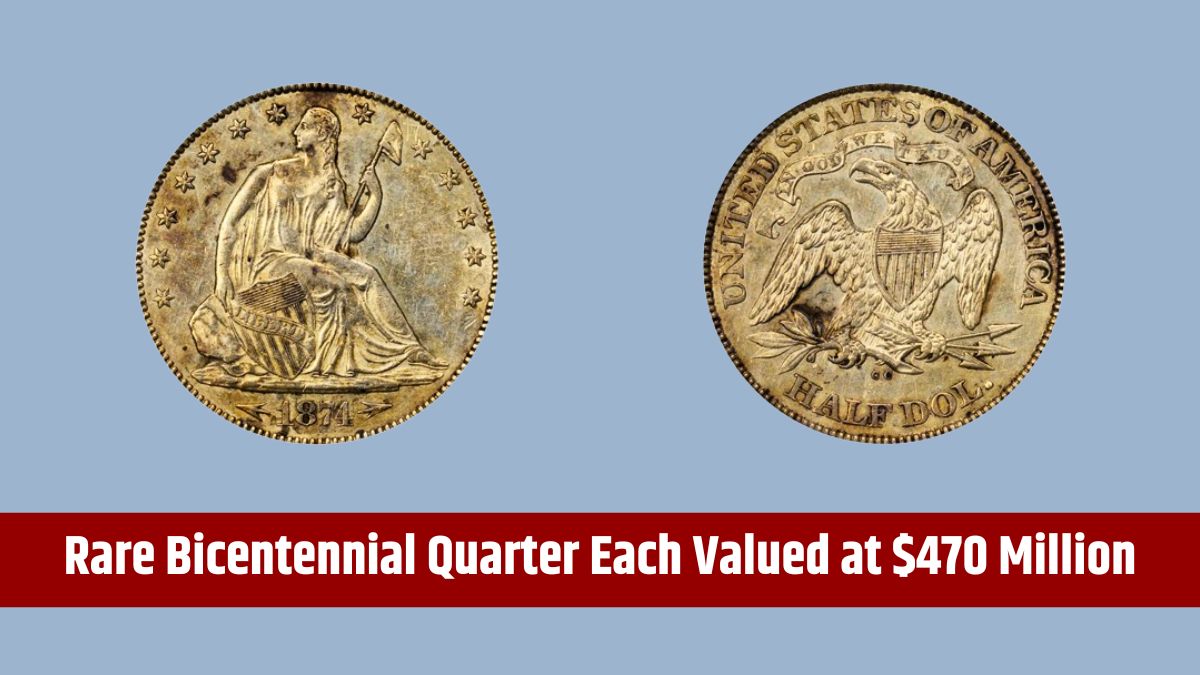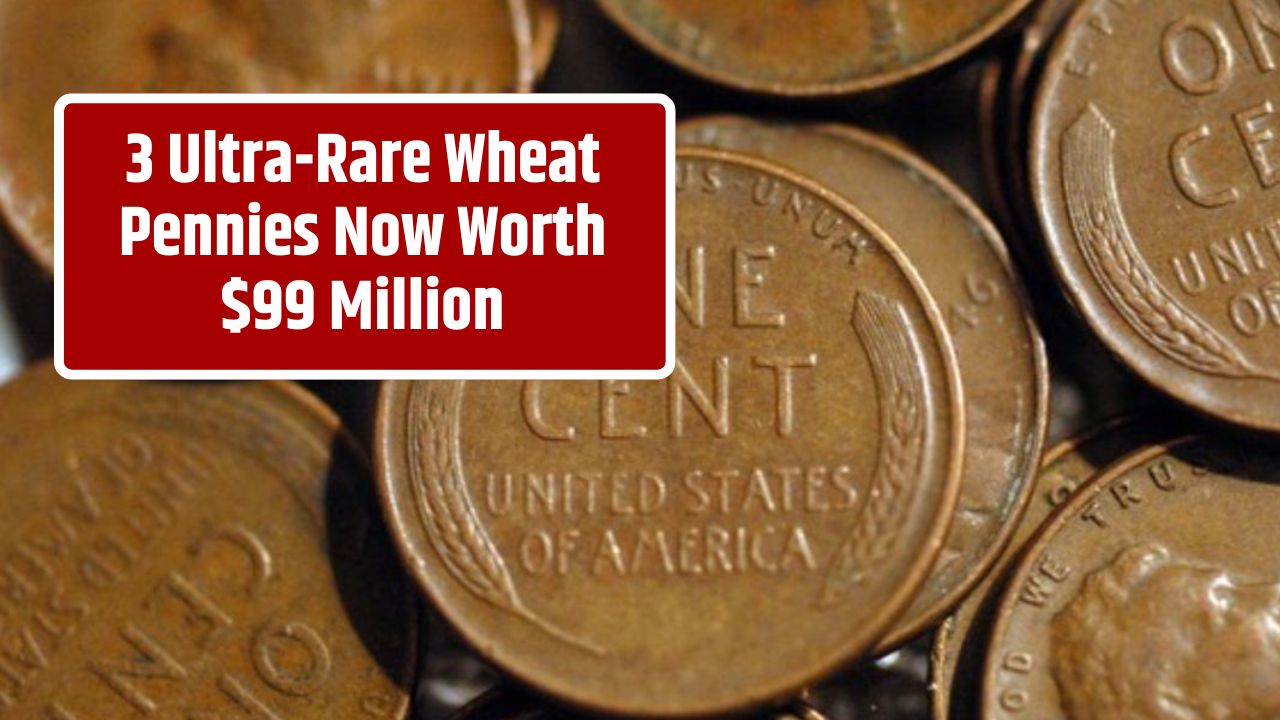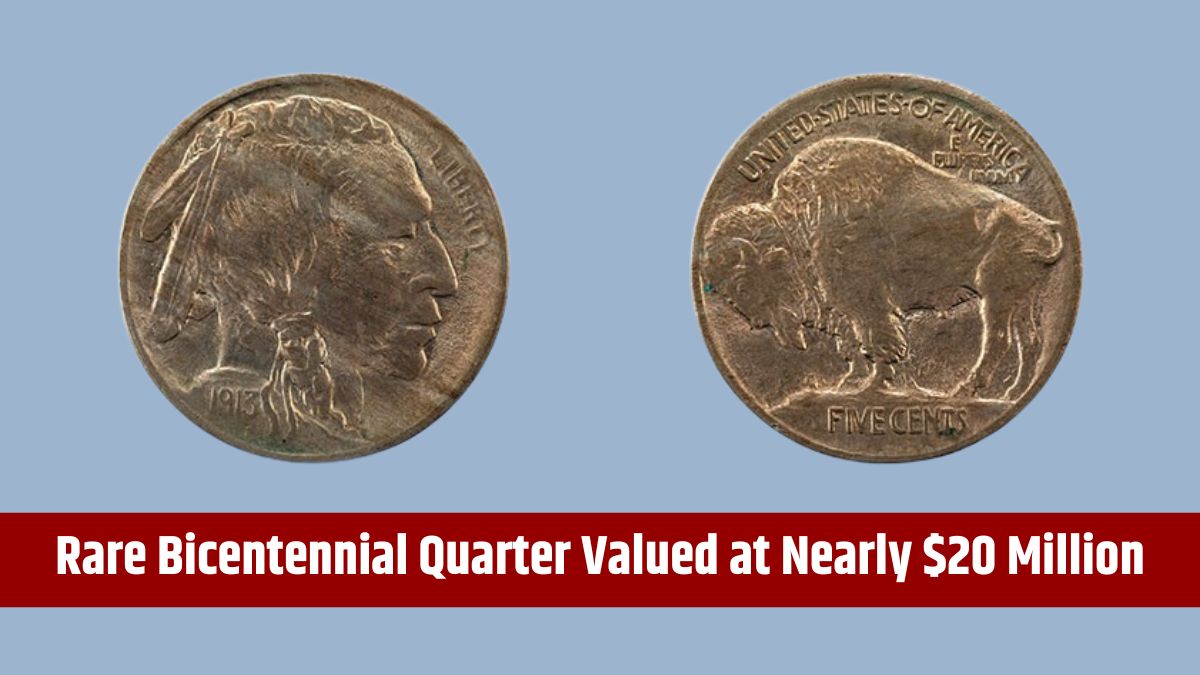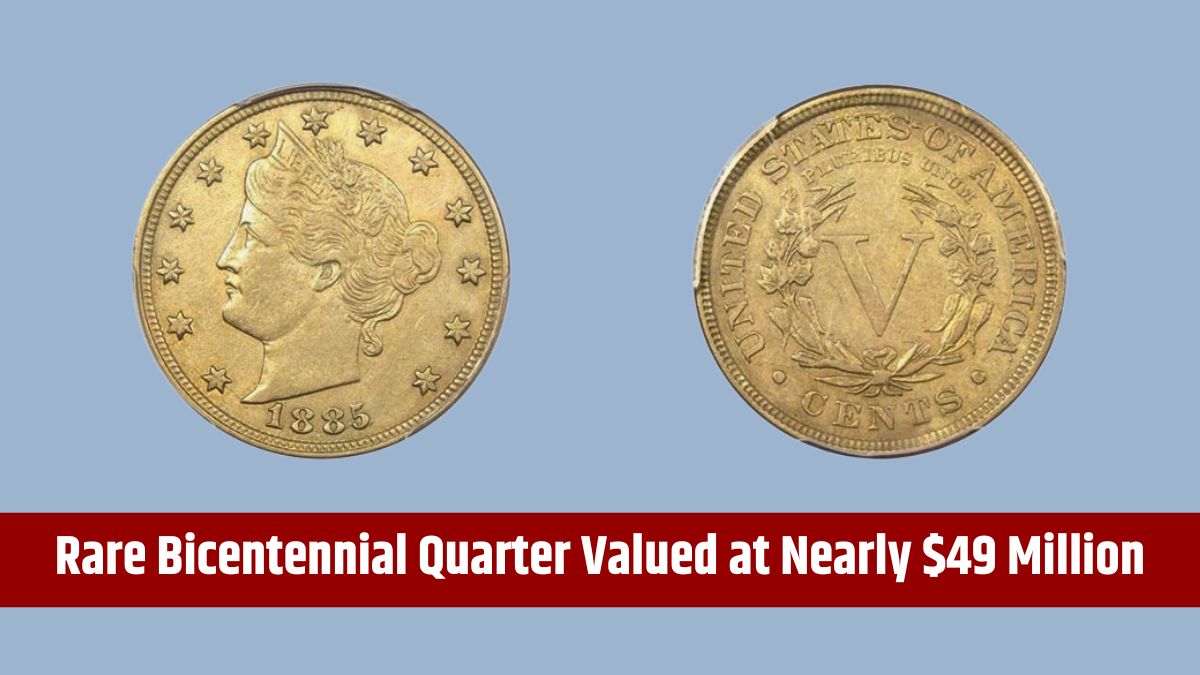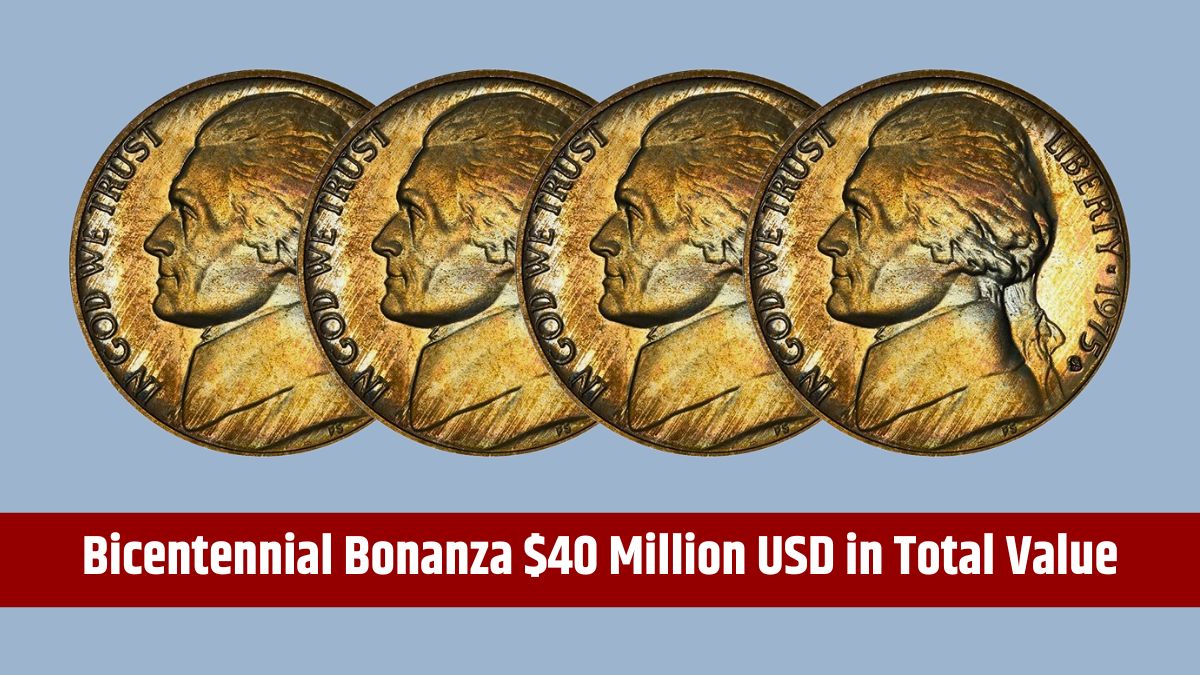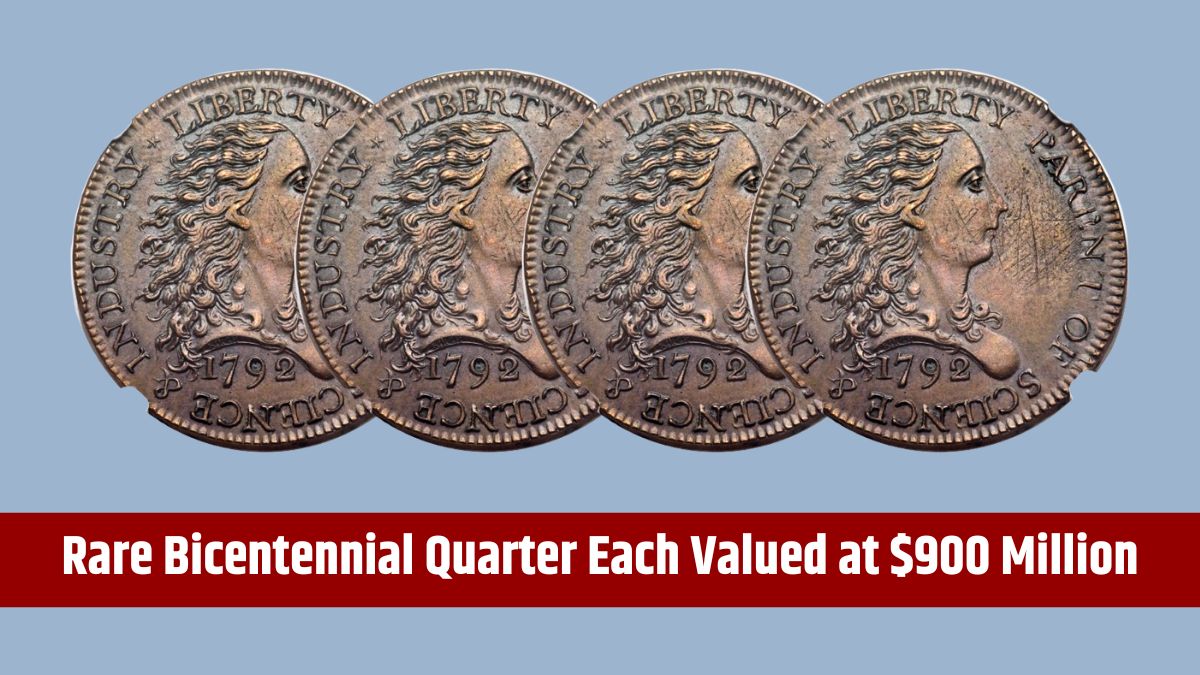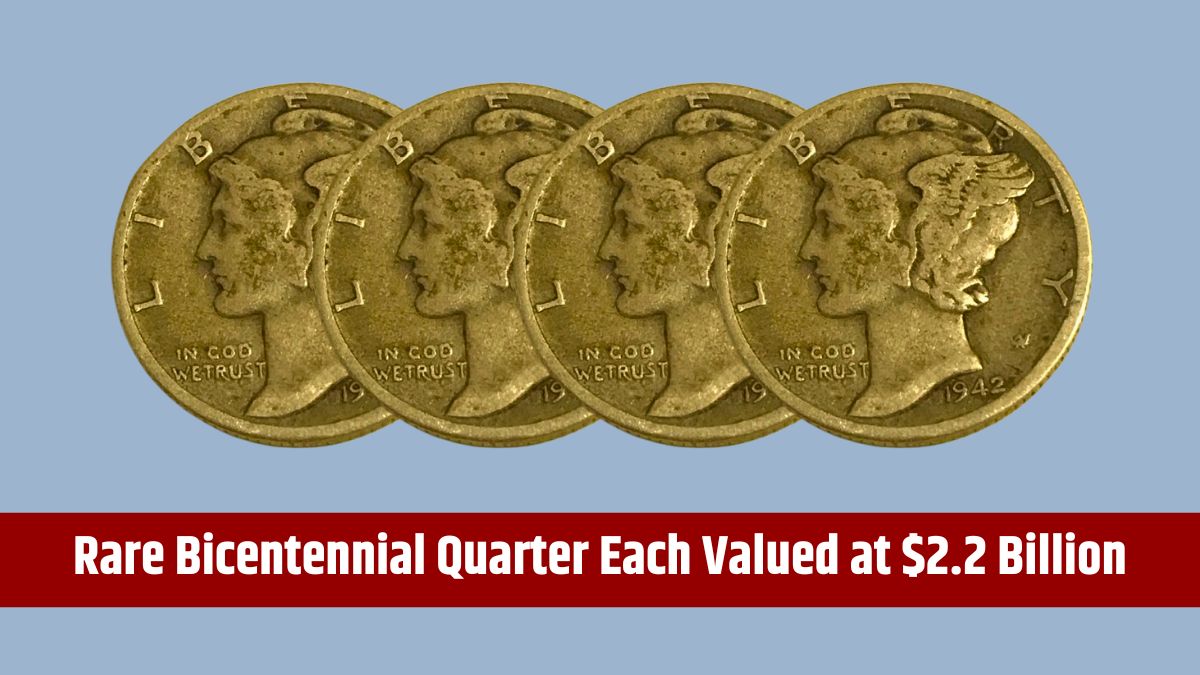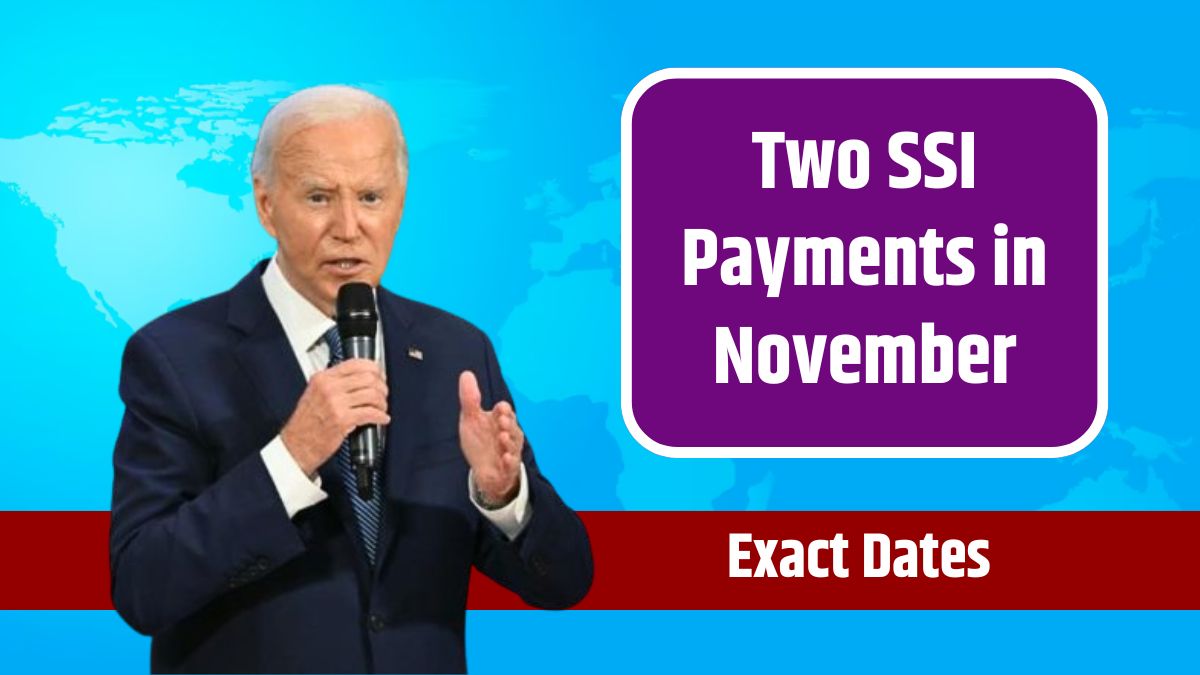As South Africa moves closer to 2025, an important development is the expected rollout of a Universal Basic Income (UBI) scheme by the South African Social Security Agency (SASSA). This initiative aims to provide a guaranteed income to citizens, offering a financial safety net to combat poverty and inequality. Here, we look into the expected grants, potential payment amounts, eligibility requirements, and payment schedules for the SASSA UBI program.
Overview of UBI
The Universal Basic Income scheme represents a major shift in South Africa’s social welfare strategy. Currently, millions benefit from various SASSA grants, including the Social Relief of Distress (SRD) grant introduced during the COVID-19 pandemic.
The UBI proposal seeks to make such support more permanent, providing a consistent monthly payment to all eligible citizens, regardless of income or employment status. The plan is designed to ensure a minimum level of income security, which is especially crucial for the nation’s vulnerable populations.
Expected Grants
Although the final amount for the UBI payment is still under discussion, the grant is likely to be set between R800 and R1,200 per month. This range is intended to cover essential needs like food, shelter, and healthcare, thereby helping recipients achieve a basic standard of living. The UBI will serve as a baseline income, potentially replacing the existing SRD grant while still allowing for other social grants, such as the Child Support Grant or the Old Age Pension, to be supplemented if necessary.
Eligibility Criteria
The primary characteristic of the UBI is its universal nature, meaning it will be accessible to a wide range of individuals. Unlike the SRD grant, which required proof of financial hardship, the UBI will not have any means testing. The eligibility criteria are straightforward:
- Proof of Citizenship or Permanent Residency: Applicants must be South African citizens or have permanent resident status.
- No Income Requirements: There will be no need to prove income level or employment status, making the UBI accessible to everyone.
This universal approach simplifies the welfare system, reduces administrative barriers, and helps ensure that no one in need is left behind.
Application Process
While UBI aims to be inclusive and straightforward, there will still be an application process to verify eligibility and register recipients. Here’s what to expect:
- Digital Applications: SASSA will likely utilize online platforms for the application process, requiring applicants to submit identification documents, proof of residency, and bank account information for direct payments.
- Physical Offices: For those unable to access digital platforms, physical SASSA offices will remain available for in-person applications.
- Outreach Programs: To ensure that people in remote or underserved areas are aware of the UBI, SASSA may implement outreach initiatives to help them apply.
Payment Dates
The payment schedule for UBI will be consistent and predictable, with monthly disbursements to help recipients plan their finances. While the exact payment dates have not been confirmed, it is expected that SASSA will choose a mid-month date to avoid overlapping with other grant payments, reducing congestion at payment points and ensuring a smoother distribution process.
Impact on Society
The introduction of a Universal Basic Income could significantly benefit South African society by:
- Reducing Poverty: The UBI would provide a guaranteed income floor, reducing extreme poverty levels and financial hardship for millions.
- Stimulating Local Economies: With more disposable income, recipients could spend more on local goods and services, thereby boosting economic activity.
- Empowering Individuals: A basic income can give people the freedom to pursue education, start businesses, or seek better employment without the constant fear of financial instability.
Challenges
Despite its potential benefits, implementing UBI presents challenges:
- Funding: Financing such an expansive program will be a major concern, potentially requiring tax increases, reallocations from other social grants, or even international financial aid.
- Administrative Preparedness: SASSA will need to bolster its systems to handle the large volume of transactions and prevent issues such as fraud and mismanagement. Investments in technology and infrastructure will be necessary to manage the disbursement of funds efficiently.
The government must address these challenges to ensure the success and sustainability of the UBI.
The rollout of the SASSA UBI is a bold step toward establishing a social safety net that supports all South Africans. As details continue to emerge, anticipation is growing for a scheme that could transform the social welfare system and improve the quality of life for millions. With careful planning and sufficient resources, UBI has the potential to pave the way for a more just and prosperous society.
FAQs
What is the expected UBI payment amount?
It is expected to range between R800 and R1,200 per month.
Who is eligible for the UBI?
All South African citizens and permanent residents are eligible.
Will the UBI replace other grants?
It may replace the SRD grant but will complement other social grants.
When will UBI payments start?
The exact start date is yet to be announced, likely sometime in 2025.
How will I apply for the UBI?
Applications will be available online and at physical SASSA offices.

